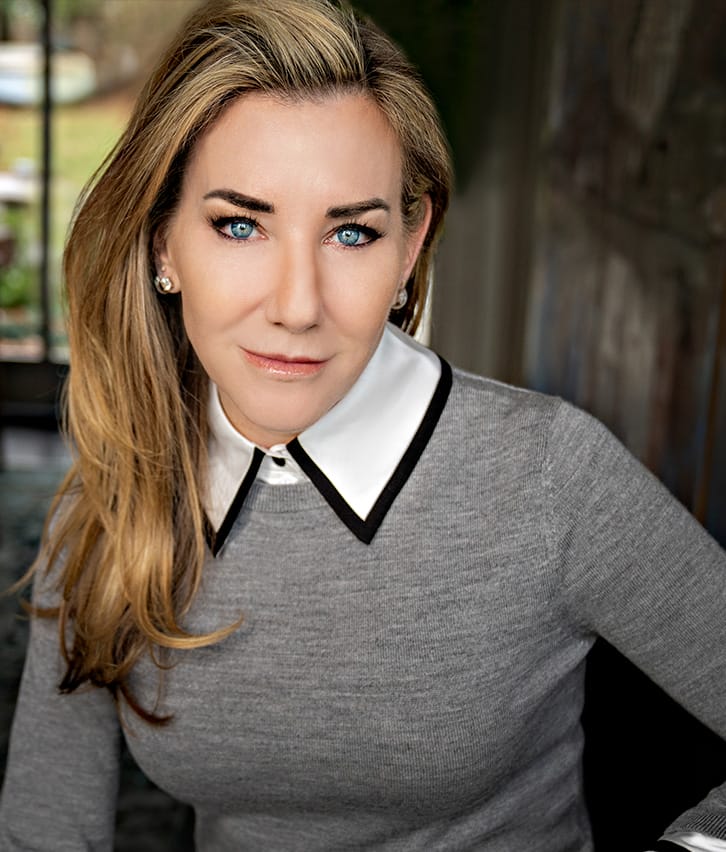Ten years ago, I ran my first mile. That’s right, I was rounding 40 years old, not exactly the picture of fitness, and decided it was time to get my shit together. I signed up for a boot camp that was held every morning at 6:00am on a dirty gym floor at a local Boys & Girls Club. At the end of each class, we were tortured with a “finisher” which, from time to time, much to my chagrin, included running. Fast forward a few years, and I’d cross the finish line of three marathons. Bottom line: you can get better at anything, and I’m going to tell you how.
It starts with setting goals. Big goals, small goals, medium sized goals. Goals have no judgment. Only you do. Let go of your emotions around them; and just get going already.
Things I’m learning to do right now:
-
Speaking publicly in front of audiences of 10000+
-
Rowing at a competitive level
-
Playing the drums well enough to sit in with a cover band
Things I suck at right now:
-
Speaking publicly in front of audiences of 10000+
-
Rowing at a competitive level
-
Playing the drums well enough to sit in with a cover band
Don’t get me wrong. I have some mad skills in these areas. I have thrown down a talk from a TEDx stage that has elicited cheers and tears from my audience members. I can deadlift my bodyweight plus some and haven’t yet fallen out of the racing shell. I find the beat and mostly keep the beat on about a dozen rock songs that don’t completely embarrass my teenage children.
But, leveling up to where I want to be? Now, that’s a challenge.
Luckily, I know the secret to get better at anything. Are you ready for it? Are you listening? Here it is:
Show up, shut up, and do the work.
No, really, that’s it. There is no secret formula, there is no magic pill. There’s hours of hard work, patience, tenacity, and grit. But, do I think it really takes 10,000 hours? Maybe. I don’t know. What I do know is that the only hours that really count are the hours we use well.
So, what’s the best way to get better at anything? What’s the best way to use our hours? Here’s what I’ve found works best:
Stop making excuses. There are a million reasons why you can’t do something. They are obvious, and they are boring. No one cares. You can make all the excuses that you want, but if it means enough to you, you will find a way to make it happen. Any time you spend on excuses is time you aren’t spending getting better. But, what’s worse, the excuses create an mental exit ramp, whether conscious or subconscious, and some part of you will always know it’s an option. Even if it’s a small part of you, it takes up space, usually in the form of a roadblock standing between you and success.
Focus on what works. No matter how well we perform — whether it’s a big interview, a speech, a test, or just a meaningful interpersonal conversation — we have been trained to run a post-mortem analysis of what we could have done better. When we get a grade on a paper or an annual review at work, 95% of the comments are dedicated to the 5% that we got wrong. While this feels focused, because we truly do need to fix the mistakes, it’s not productive, because it does nothing to reinforce what we did that was successful. It assumes that the stuff we got right wasn’t just an accident, and that we knew exactly what we were doing when we shined brightly. I don’t know about you, but I’m pretty sure that sometimes — hell, most times — I just plain got lucky. Of course it’s important to fix what’s wrong, but getting better at anything requires that we spend most of our time focusing on what went right, understanding it, internalizing it, grooving these patterns of success into our muscle memory so that it becomes part of the fluid motion of the next time and the next time and the next time after that.
Learn to fail. It is in the experimentation and failure that we learn the most. Professional baseball sluggers don’t go out and thrown down 100 perfect home runs in a row at practice; they execute adjustments to their stance, their power, their rotation, their follow-through. They use it to fail, often and purposefully. That’s the whole point. That’s why it’s called practice. Use your practice time to fail; embrace it, honor it, learn from it, and then use your performance time to knock it out of the park.
Seek help. There is nothing quite as humbling as trying to pick up a new skill. But, you are not alone unless you choose to be. Surround yourself with friends, colleagues, coaches, and mentors who are a few steps ahead of you and who can relate to your struggles and teach you the steps between your current level of suck and the level of suck acceptable to you tomorrow. You’ll need to leave your ego at the door — the Valley of Suck doesn’t care how great you may be in any other aspect of your life — and be a sponge. You won’t be ready or able to absorb all of what these yodas have to say at any given moment, but in time, each nugget of wisdom will meet you where it needs to along your trajectory of growth, nestling in and building your skill. Before you know it, you have passed through the Valley of Suck and be cruising through the Pampas of Not So Bad.
Attitude is everything. In the early days, you must remember that tenacity and grit fuel the engine. For me, I know that what I lack in skill, I make up for in enthusiasm. I am not the most talented, nor the most brilliant, but I will show up and show up and show up. Years ago, my son’s preschool teacher told me that he had “boundless enthusiasm.” I don’t think she meant it as a compliment. I, on the other hand, puffed out my chest and thought, “That’s my boy!” I will put in the time, I will embrace the failure, and I will know that eventually, and for sure far longer that I’d like it to take, I will get better. And, so will you.



